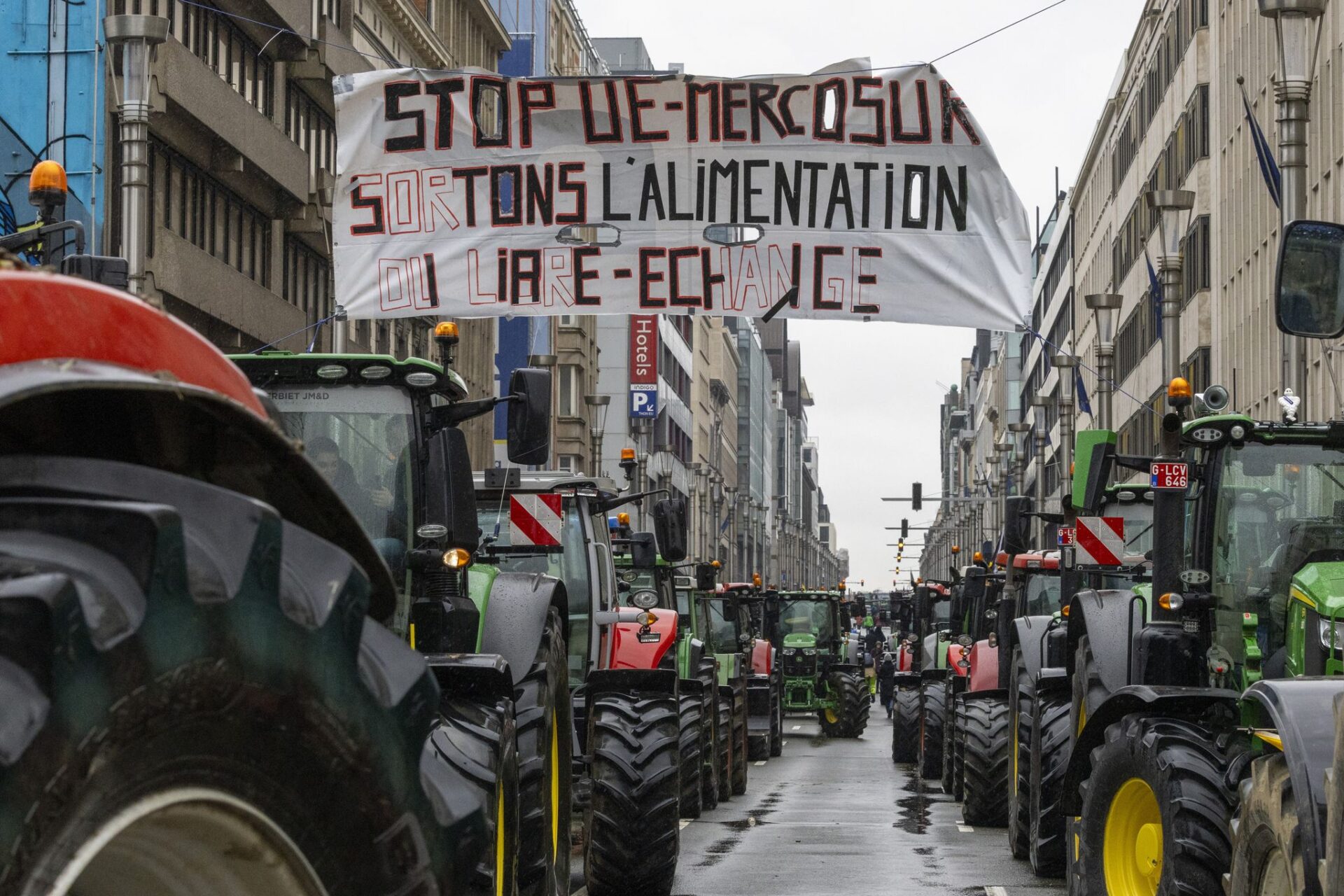The European Commission announced on Wednesday that it will ensure that farmers are not forced to sell their products below production costs. Specific proposals are expected to be ready in the coming months.
On Wednesday the European Commission announced its long-term “vision” for the European Union’s agricultural policy. It does not contain many specific proposals, but rather the tasks that the EU institution sets for itself. Specifics are to appear in the coming months.
The new “vision” is to be a response to the farmers’ protests that swept across Europe last year. Several times they protested in Brussels and Strasbourg, in front of the EU institutions, demanding, among other things, the withdrawal of the trade agreement with the Mercosur organization, which brings together South American countries, or the repeal of some of the Green Deal regulations, the EU strategy aimed at making the EU climate neutral by 2050.
The EC’s “vision” is intended to meet the demands of farmers, promising support and decent earnings.
“Food and agriculture are essential for the inhabitants, economies, and societies of Europe. We need the agri-food sector to thrive and compete in a fair global market, to be resilient to deal with crises and shocks. We must also ensure our own food sovereignty,” said EU Agriculture Commissioner Christophe Hansen on Wednesday.
The strategy assumes that agriculture will become more “attractive” so that farmers do not quit this profession. Incomes in this sector are to be “fair” and public support “better targeted”. Farmers are also to have easier access to credit to supplement their incomes.
Importantly, the European Commission has committed to ensuring that farmers are not forced to sell their products below production costs. However, it did not inform what specific actions it would take to achieve this. It only announced a review of the directive on unfair trading practices.
The problem has existed for many years and stems, among other things, from the low purchase prices of agri-food products, which do not cover production costs, and from the fact that farmers have no influence on setting prices by intermediaries and corporations.
The EC also announces the protection of the interests of European farmers in the face of external competition. This was one of the demands of the protesting farmers, who reported that they themselves had to meet stringent EU standards, while exporters of agricultural products from outside the EU did not have to meet them. This, according to farmers, leads to unfair competition.
EU officials also announced that they will analyze all further bans on the use of pesticides and take action to increase access to biopesticides in the EU market. This was another demand of protesting farmers, who reported that restrictions on the use of pesticides reduced their production, which farmers from countries outside the EU were taking advantage of.
The future Common Agricultural Policy (CAP) in the next seven-year EU budget is to be “simpler”, and support is to be more directed towards those farmers who are actively involved in food production, with a particular focus on young farmers. In the EC approach, incentives rather than conditions are to be preferred. (19.02.2025)
 go to the original language article
go to the original language article
